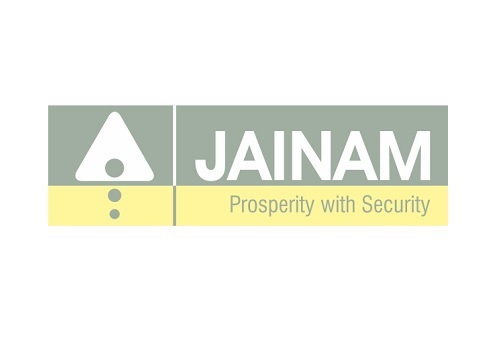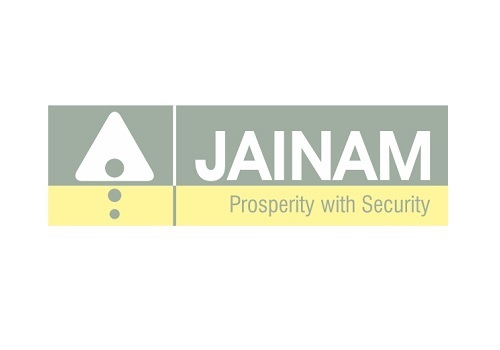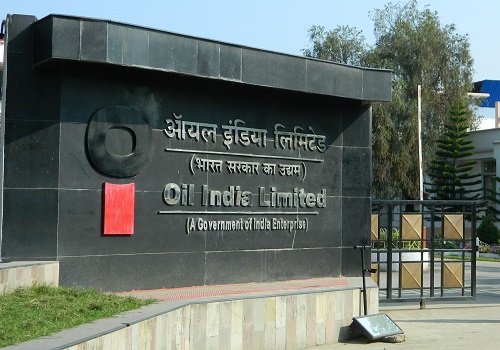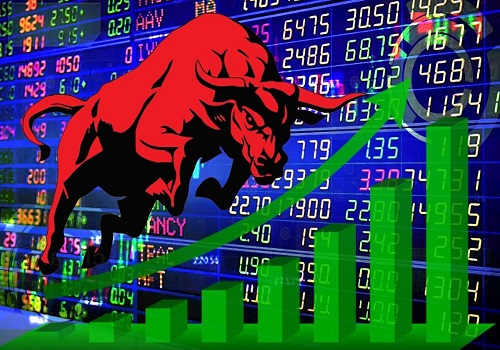Indian equity markets likely to make negative start on rising Covid-19 cases
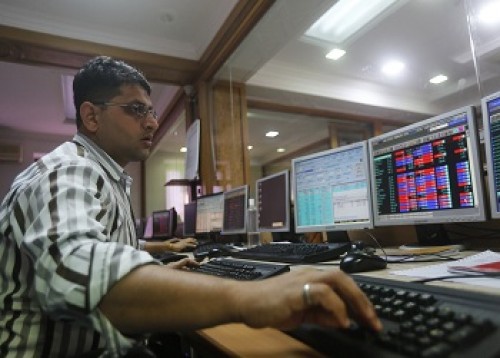
Follow us Now on Telegram ! Get daily 10 - 12 important updates on Business, Finance and Investment. Join our Telegram Channel
Indian equity markets ended on a strong note with gains of over one percent on Thursday. The domestic markets were closed on Friday on account of Good Friday. Today, the start of session is likely to be negative on rising Covid-19 cases in India. India reported 103,793 fresh Covid-19 cases in the last 24 hours, the highest single-day spike of the year, pushing the overall tally to 12,587,920, according to Worldometer. The death toll from the deadly infection jumped to 165,132. The Maharashtra government has decided to impose complete lockdown on weekends and a night curfew in the state to control the spread of the novel coronavirus. The curbs will come into effect from Monday night. They were announced as Mumbai recorded over 11,000 Covid cases. The state recorded over 57,000 cases on Sunday - the highest so far. Malls and multiplexes will remain shut and all private offices, except those engaged in finance, insurance, banks, telecommunications, and essential services, will have to work from home. Attendance in government offices will be capped at 50 per cent. Besides, traders will be concerned as Ratings agency Ind-Ra has said further surge in global commodity prices will have serious implications for India’s economy which is still struggling to come out of the Covid-19 impact. As per Ind-Ra, a higher retail inflation not accompanied by a commensurate increase in wage growth will adversely impact the consumption demand and in turn investment revival in the economy. Traders may take note of report that the country’s foreign exchange reserves declined by USD 2.986 billion to reach USD 579.285 billion in the week ended March 26. However, some recovery may be expected in latter trade as traders may get some support with Revenue and Department of Economic Affairs, Secretary, Tarun Bajaj’s statement the all-time high record collection of Goods and Service Tax (GST) is due to economic recovery and increased compliance with the use of technology. GST collection in March this year stood at a record high of Rs 1,23,902 crore. Traders will also be drawing some comfort with India’s merchandise exports witnessed a huge jump of 58 per cent year-on-year (YoY) and touched a record $34 billion in March, indicating a recovery in demand. Sequentially, the growth in merchandise exports was 21 per cent. Banking stocks will keep buzzing as bank credit to medium-sized firms rose 21 per cent YoY in February even as a contraction (-1.5 per cent) in loans to large industrial units dragged credit disbursement to industry. In January this year, loans to large units were in the contraction zone (-2.5 per cent), while for mid-sized entities it was 19.1 per cent.
Asian markets are trading in green on Monday as the cues from Wall Street on Thursday were broadly positive on upbeat jobs and manufacturing data. The US markets were closed on Friday on account of Good Friday holiday.
Back home, Thursday turned-out to be a fabulous day of trade for Indian equity benchmarks with frontline gauges recapturing their crucial 14,850 (Nifty) and 50,000 (Sensex) levels. The benchmarks made a gap-up opening in early deals taking support from Reserve Bank data showing that India's current account deficit narrowed to $1.7 billion or 0.2 per cent of the GDP in the December quarter as against $2.6 billion or 0.4 per cent of GDP in the year-ago period. Sentiments got a boost as the foreign portfolio investors (FPI) have pumped in more than Rs 2.75 lakh crore ($37 billion) in the Indian equity market during FY2020-2021. This is the highest ever investment by foreign investors into Indian equities in the last two decades. Traders also took note of report that the central government's fiscal deficit at the end of February worked out to be 76 per cent of the revised estimate, indicating that it is likely to remain within the projections made by Finance Minister Nirmala Sitharaman last month. However, key indices cut most of their gains in late morning session as traders got anxious with data showing that the growth of eight core infrastructure industries declined by 4.6 percent in February 2021, the steepest contraction in the last six months which could drag the overall industrial production in the month into the negative territory. The growth rate of the eight infrastructure sectors stood at 6.4 percent in February 2020. In January this year, the segments have registered a positive growth of 0.9 per cent. But, market regained traction to end higher after finance ministry said that GST collections grew to a record high of Rs 1.23 lakh crore in March 2021, crossing the Rs 1 lakh crore-mark for the sixth month straight, indicating rapid economic recovery post-pandemic Some optimism also came with Economic Affairs Secretary Tarun Bajaj’s statement that the government will borrow Rs 7.24 lakh crore, which is 60.06 percent of the gross issuances, in the first half of 2021-22 fiscal (H1FY22) to meet resources to perk up the economy hit by the coronavirus pandemic. According to the Budget 2021-22, the government's gross borrowing was estimated at Rs 12.05 lakh crore in the financial year beginning April 1. Finally, the BSE Sensex rose 520.68 points or 1.05% to 50,029.83, while the CNX Nifty was up by 176.65 points or 1.20% to 14,867.35.
Above views are of the author and not of the website kindly read disclaimer
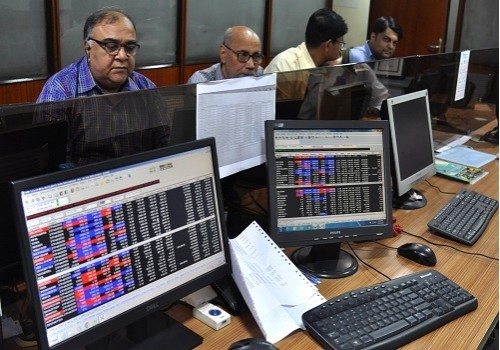








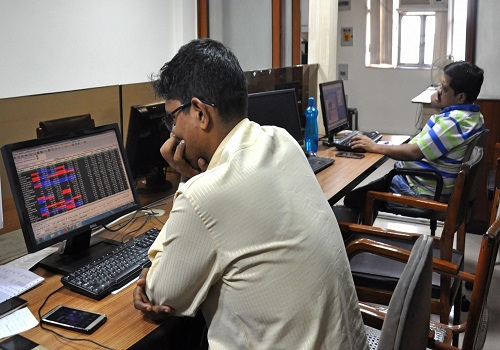
Tag News

Weekly Market Analysis : Markets strengthened recovery and gained nearly 2% in the passing w...



More News
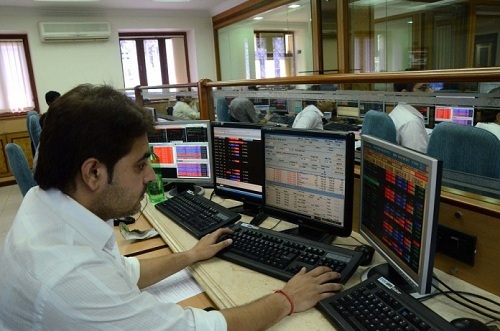
Daily Market Analysis : Markets started the week on a volatile note and ended almost unchang...
